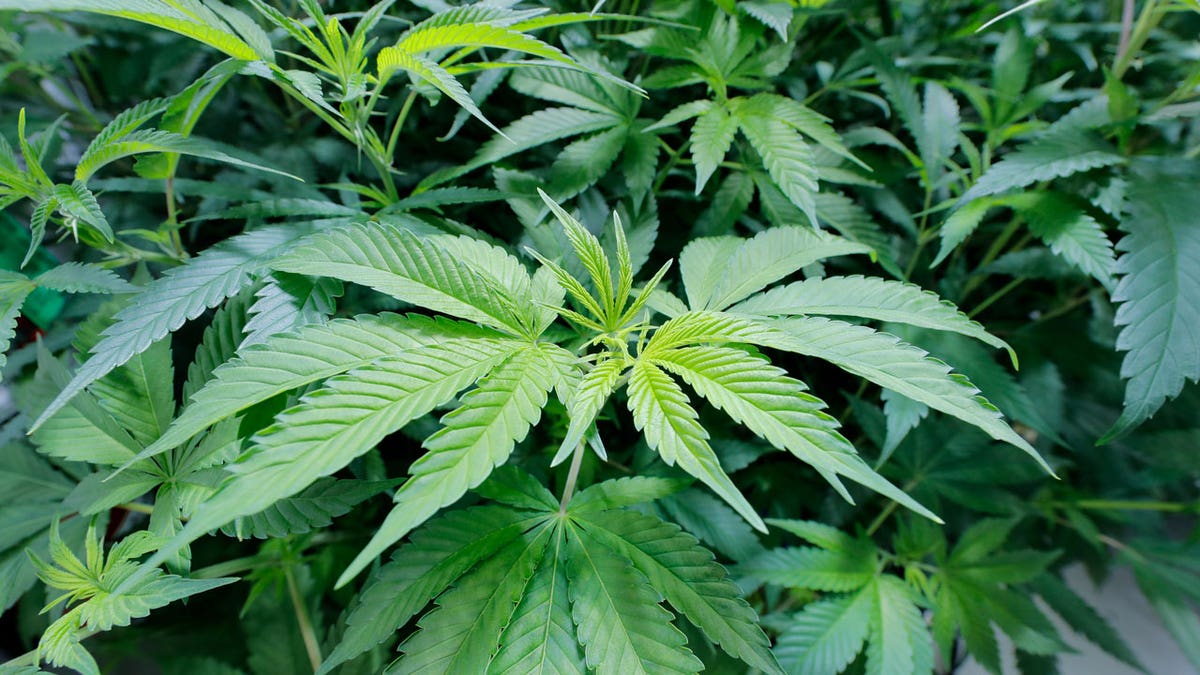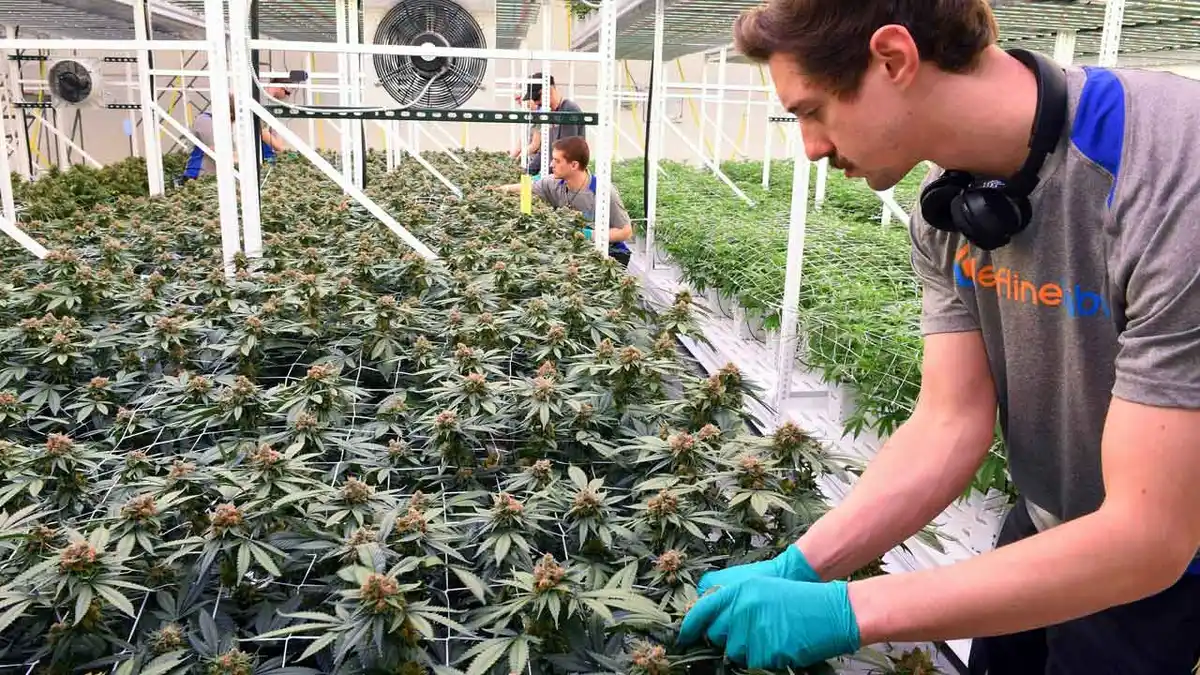Fox News Flash top headlines for March 28
Fox News Flash top headlines are here. Check out what's clicking on Foxnews.com.
Marijuana is the most commonly used federally illegal drug in the U.S., according to the Centers for Disease Control and Prevention, with an estimated 48.2 million users nationwide in 2019.
That number has only increased since then, with states continuing to legalize recreational and medical cannabis use. Many pro-legalization activists champion the drug as a comparatively harmless alternative to tobacco and other drugs, as well as a valuable therapeutic for the chronically ill.
However, medical professionals and public health officials continue to research and warn of its long-term effects on the mind and body.
Here's a closer look.

One doctor told Fox News Digital in March 2024 that smoking marijuana is as bad as smoking tobacco cigarettes. (AP Photo/Gerald Herbert, File)
How dangerous is smoking marijuana?
Marijuana, like virtually any product that is smoked, carries a significant risk of damage to the lungs and cardiovascular system – and while doing so generally isn't considered uniquely dangerous, it's also not measurably safer than using tobacco or similar substances.
"People think marijuana is harmless. It is not," Dr. Abra Jeffers – who co-authored a recent study on daily marijuana use published by the Journal of the American Heart Association – told Fox News Digital in March.
"We found that using marijuana (mostly by smoking) is as bad as smoking tobacco cigarettes."
The same study also found daily users to be at a 25% increased risk of heart attack and a 42% increased risk of stroke.
What effects can marijuana have on the brain?
Some of the most commonly cited effects of marijuana use are its impacts on brain development and mental health.
All marijuana products contain tetrahydrocannabinol, commonly referred to as THC – and THC concentration is directly linked to the severity of marijuana's effects on a user's brain.
MARIJUANA WITH HIGH THC LEVELS LINKED TO ADDICTION, PSYCHIATRIC ILLNESS, STUDY FINDS
"There is a massive increase in mental illness as a result of this increase in marijuana use," Dr. Kevin Sabet, a former White House drug policy adviser, told Fox News' Trey Gowdy in 2023.
"We know that today’s marijuana can quintuple your risk of psychosis and schizophrenia, which is the worst thing you can imagine. It increases about six times the risk of suicide."
Furthermore, addiction, sometimes referred to as marijuana use disorder, affects an estimated 10% to 30% of users, according to studies cited by the CDC.

Marijuana smokers are at risk of lung tissue damage, scarring and more. (Pablo Vera/AFP via Getty Images)
Can smoking marijuana cause lung cancer?
While marijuana smoke contains many of the same "toxins, irritants, and carcinogens" as cigarette smoke, the CDC notes, more research is required to determine whether there exists a link between marijuana use and the development of respiratory cancers.
In short, it's plausible that using the drug elevates one's risk of lung cancer, but experts currently lack the evidence to make a call in either direction.
CLICK HERE TO SIGN UP FOR OUR LIFESTYLE NEWSLETTER
Other pulmonary risks posed to marijuana users include lung tissue damage and scarring to small blood vessels. Users may also experience greater vulnerability to bronchitis and higher-than-normal levels of mucus production.
Studies have also linked marijuana use by young people to an elevated risk of developing asthma.

Experts are unclear whether use of marijuana in one form is safer than another. (Scott Takushi/Pioneer Press via AP, File)
Are other marijuana products, like edibles, any safer to use?
As is the case with many facets of marijuana research, experts are still unclear on whether one method of consumption is comparatively "safer" than any other.
CLICK HERE TO GET THE FOX NEWS APP
Other cannabis products, like oils and concentrates used for vaping and "dabbing," tend to contain "highly concentrated forms of THC and may contain additives or be contaminated with other substances," the CDC notes.
"The effects of using these more concentrated forms of THC are not well understood but may include higher risk of developing cannabis use disorder."
For more Lifestyle articles, visit www.foxnews.com/lifestyle.










































